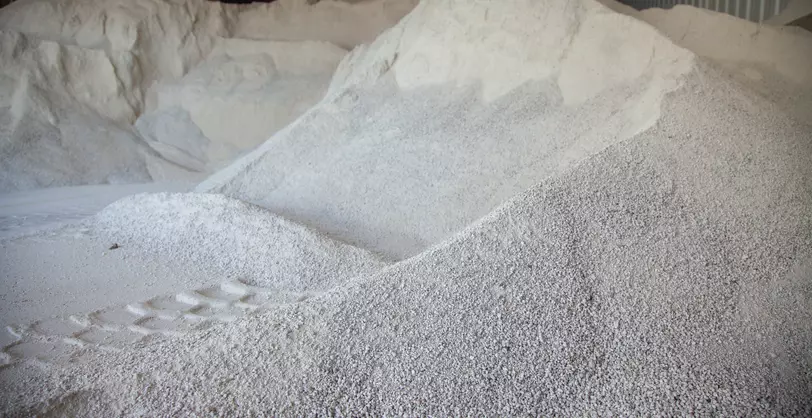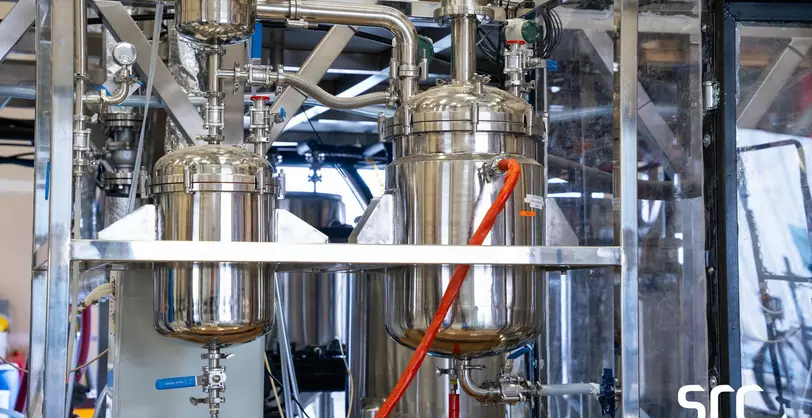Multiple sources of economic impact

Imerys conducted an initial socio-economic evaluation of the EMILI project. It distinguishes two phases: work and operation. The study covers direct effects (employees, added value of the project), indirect effects (jobs supported and added value generated in the supply chain) and secondary effects (jobs supported and added value generated by household consumption and government spending).
Construction phase
During its construction phase (four years), the EMILI project is expected to support 3,120 jobs annually, 520 (17%) of which will be in the Allier and Puy-de-Dôme departments. These jobs would mainly be in the construction and public works sector, design offices, transport and logistics, machinery and equipment production, etc. On a local scale, some sectors would be particularly in demand, notably construction and public works, trade, service companies, the hotel industry and activities related to health, education and social services.
Operating Phase: Contributing to the development of local services
During its operating phase (at least 25 years), the EMILI project is expected to support almost 4,770 jobs annually, almost a third of which (1,510) will be in the Allier and Puy-de-Dôme departments. The main sectors in demand include activities linked to the operation of the facilities (mainly direct employment), but also those related to health, education, social services, construction, transport and logistics.
As a result, the EMILI project will have a definite long-term impact on the economy of the areas concerned and could contribute to the development of local public services.
Avenues to be explored to further increase local socio-economic benefits
Imerys wants the EMILI project to benefit the region as much as possible. The Group could therefore take additional steps to increase the proportion of local jobs:
- Select/favour local businesses as part of a local purchasing strategy;
- Encourage the installation of new activities that are crucial to the project (logistics, chemicals and business services, for example).
Areas that will need to be addressed: the labour market, provision of training, housing and mobility.
The EMILI project will create a large number of jobs, but they will be sector-specific. This situation needs to be taken into account in order to prepare for the challenges presented by skills availability in the region. According to existing data, some of the skills required by the project (machine operators, chemical industry production operators, maintenance, industrial analysis laboratories and environmental health and safety) are mostly present in the Allier and Puy-de-Dôme areas.
However, recruitment remains difficult, particularly in certain fields such as chemistry, and if the EMILI project goes ahead, a major effort will be needed to attract new people to the mining and industrial professions, and provide them with training, with the support of local stakeholders (France Travail, AURA Region, etc.). The housing and mobility of employees are also issues that need to be given consideration, in consultation with local authorities, government departments and companies from the building sector.
Offres Imerys job offers for the EMILI project
For further information, please refer to Chapter 5 of the Dossier du Maître d'Ouvrage (DMO) “Economic and Social Impact and Regional Implications” (french only).




